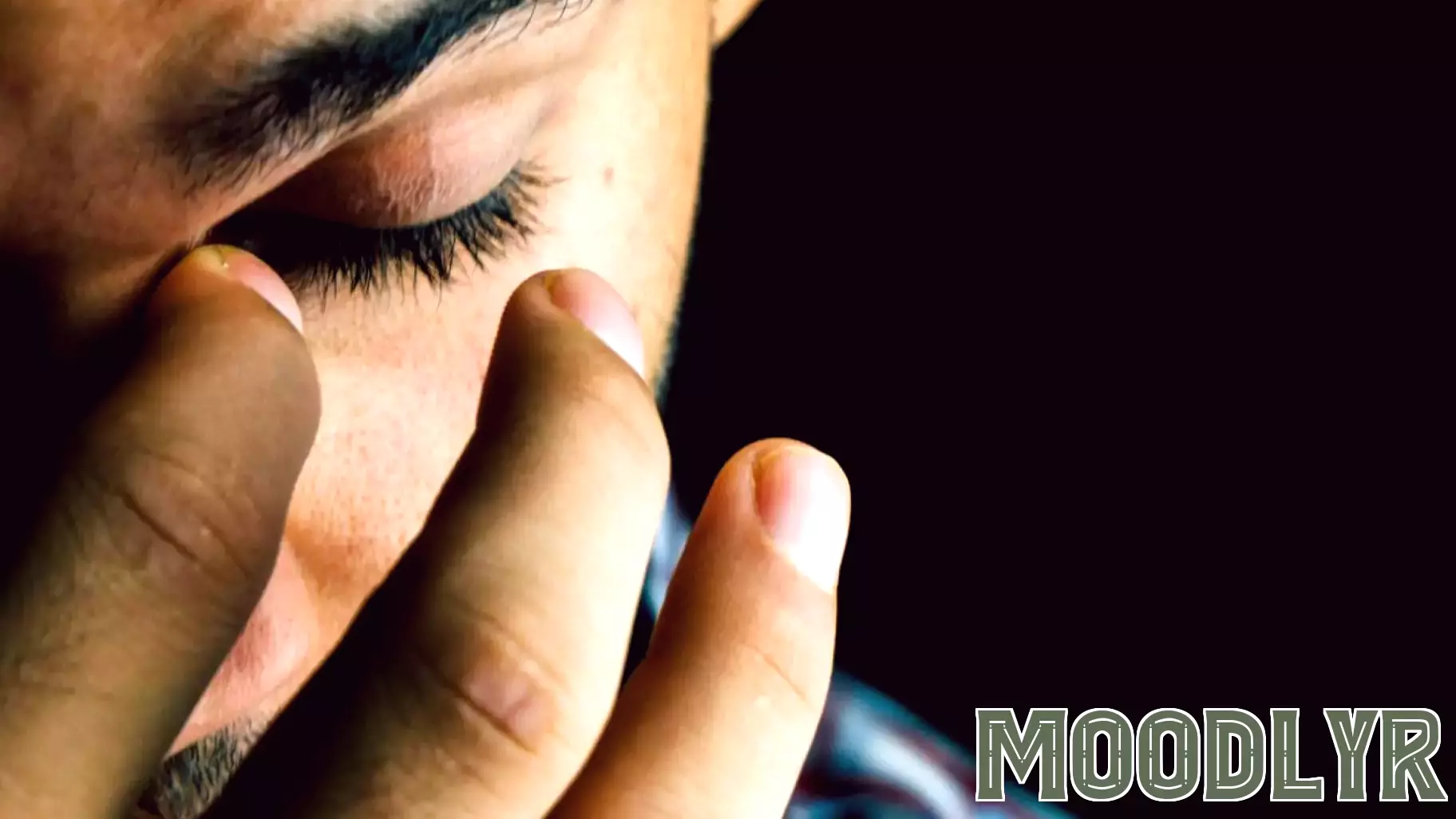The Challenges of Self-Forgiveness: Insights from Recent Research
September 28, 2025 - 22:00

A recent study on the difficulties of self-forgiveness could help us reckon with personal transgressions. Many individuals struggle to forgive themselves after making mistakes or hurting others, leading to feelings of guilt and shame that can linger for years. The research indicates that self-forgiveness is a complex emotional process influenced by various factors, including personal values, societal expectations, and the severity of the transgression.
Participants in the study reported that they often found it easier to forgive others than themselves, highlighting a common psychological barrier. This disparity can stem from a fear of losing accountability or a belief that self-forgiveness diminishes the significance of their actions. The study also suggests that understanding the nature of one’s mistakes and acknowledging the lessons learned can facilitate the journey toward self-forgiveness.
Overall, the findings shed light on the intricate relationship between self-judgment and personal growth, encouraging individuals to approach their mistakes with compassion and understanding.
MORE NEWS

February 21, 2026 - 02:30
Home Really Is Where the Heart IsThe age-old saying `home is where the heart is` is more than just a sentimental phrase; it is a neurological reality. New research suggests that the profound feeling of home is an idea we...

February 20, 2026 - 05:37
Racist Attitudes Linked To Future Psychological Distress – But Could Both Be Fueled By Something Else?A new research study is challenging the straightforward assumption that holding racist views directly causes future mental health problems. While confirming a link between prejudiced attitudes and...

February 19, 2026 - 04:05
UWM Professor Uses Sport Psychology Research to Solve Real-World ProblemsProfessor Barbara Meyer possesses a uniquely analytical lens that she applies to nearly every situation. Whether she`s guiding Olympic athletes, consulting with a university soccer team, or simply...

February 18, 2026 - 03:25
Why couldn't Ilia Malinin handle the pressure? Sports psychologists offer their thoughtsThe recent performances of top athletes have reignited a crucial conversation within the world of elite sports: the immense psychological burden of competition. While the spotlight often falls on a...